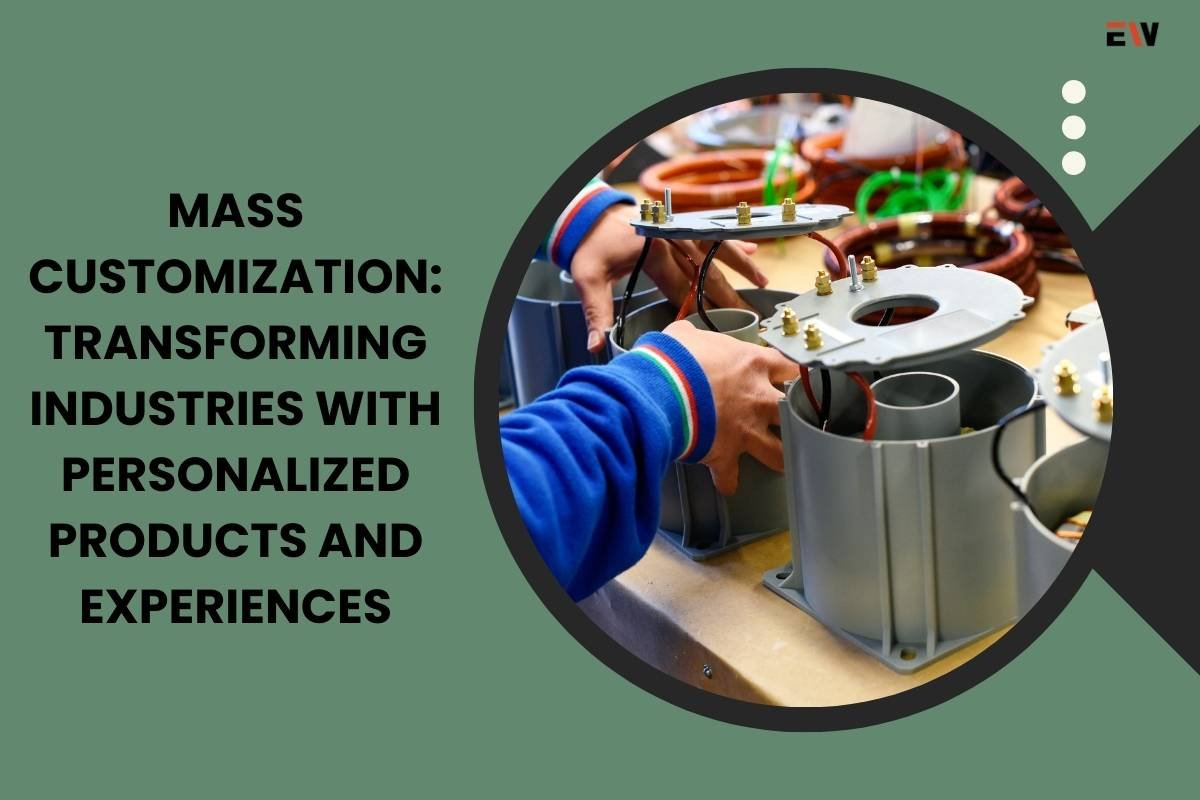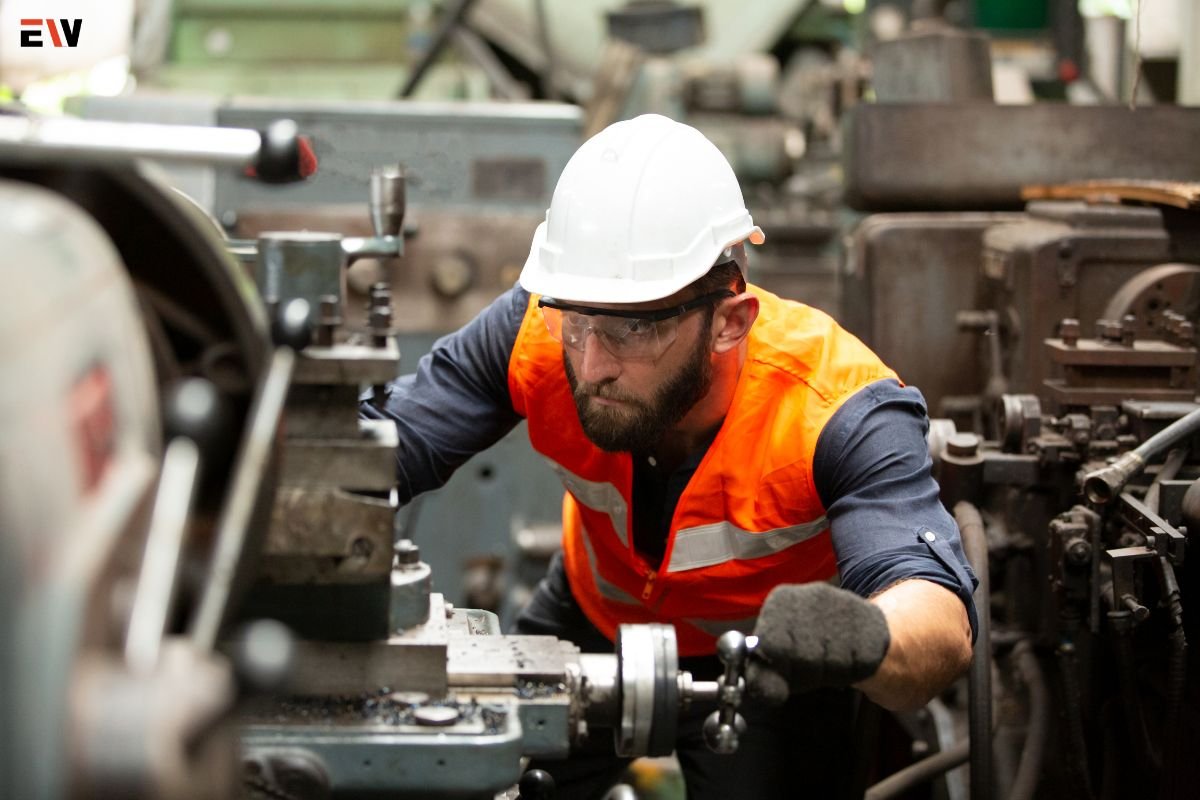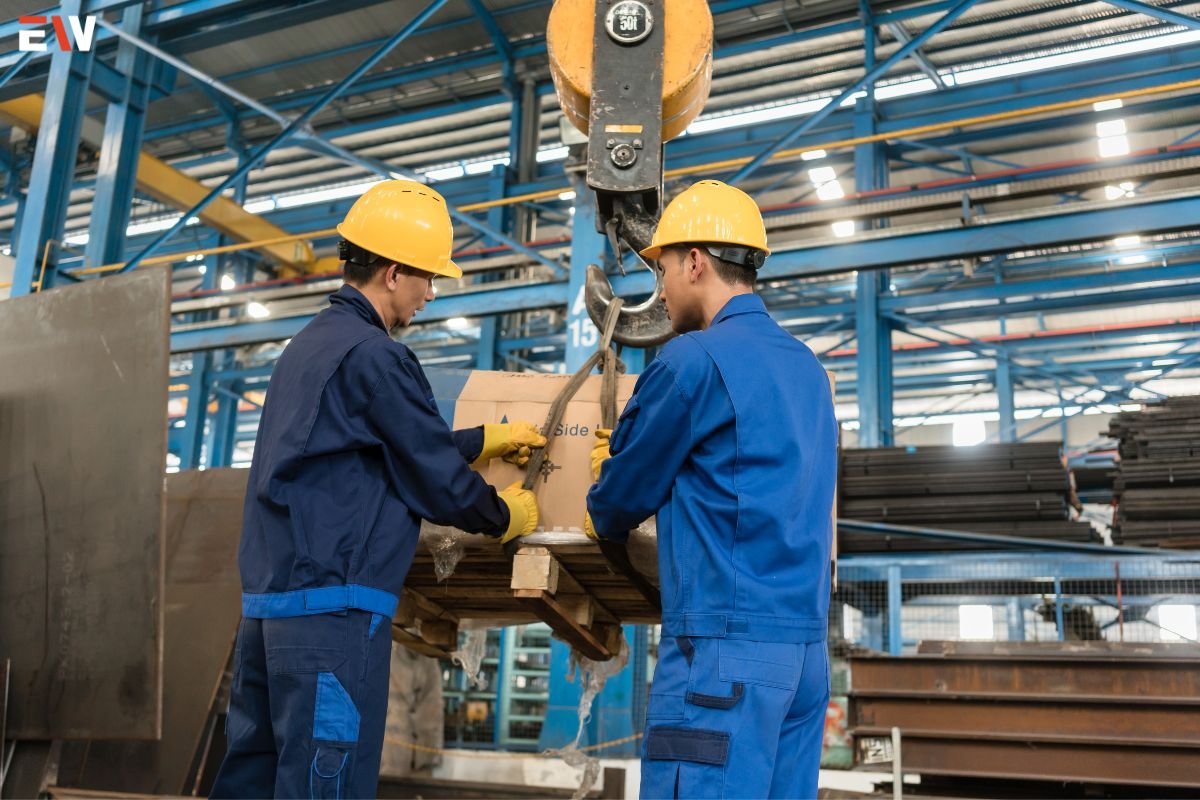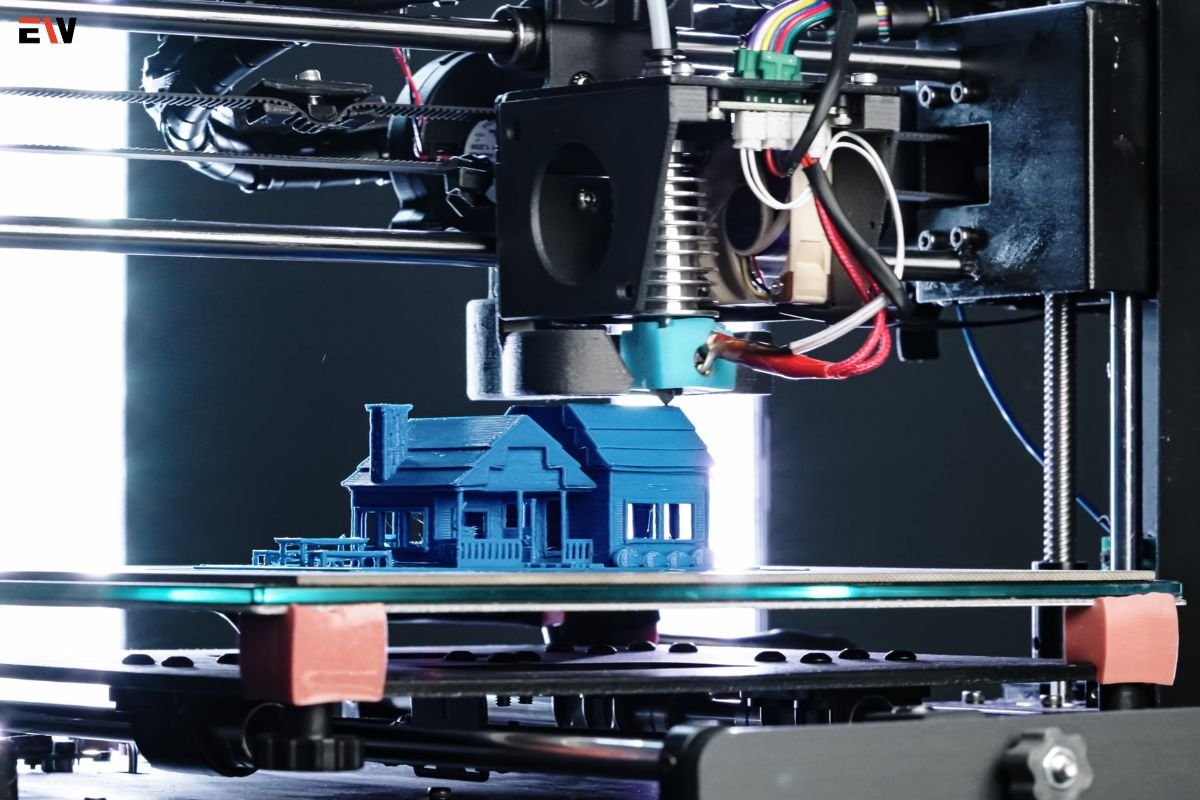In today’s consumer-driven marketplace, mass customization, also known as made-to-order, has emerged as a powerful strategy for businesses to meet the diverse needs and preferences of individual customers while maintaining the efficiencies of large-scale production. Mass customization combines the benefits of mass production with the personalization of custom-made goods, allowing companies to offer tailored products and experiences at scale.
Understanding Mass Customization
It refers to the ability to produce goods or services that are customized to meet the specific needs, preferences, and requirements of individual customers, while still leveraging the efficiencies of mass-production techniques. Unlike traditional mass production, which focuses on producing large quantities of standardized products, mass customization allows for variations in design, features, and specifications to accommodate diverse customer preferences.
The Shift Towards Personalization
The rise of mass customization can be attributed to several factors, including advancements in technology, changes in consumer behavior, and increasing demand for personalized products and experiences. Consumers today value individuality, uniqueness, and self-expression, leading to a growing preference for products that reflect their personal tastes and lifestyles. Customization enables businesses to cater to this demand by offering customized options that resonate with customers on a personal level.
Benefits of Mass Customization
Customization offers numerous benefits for both businesses and consumers, including:
1. Enhanced Customer Satisfaction

By offering personalized products and experiences, businesses can increase customer satisfaction and loyalty, leading to repeat purchases and positive word-of-mouth.
2. Greater Market Differentiation
Mass customization allows businesses to differentiate themselves from competitors by offering unique and innovative products that cannot be replicated easily.
3. Improved Inventory Management
With customization, businesses can reduce excess inventory and waste by producing goods on-demand or in small batches, minimizing the need for large stockpiles of finished goods.
4. Increased Revenue and Profitability
Personalized products often command higher prices and profit margins than standard offerings, leading to increased revenue and profitability for businesses.
5. Deeper Customer Insights
Customization initiatives generate valuable data and insights into customer preferences, behaviors, and purchasing patterns, which can be used to inform future product development and marketing strategies.
Strategies for Implementing Customization
To successfully implement customization initiatives, businesses should consider the following strategies:
1. Invest in Technology
Leverage advanced technologies, such as 3D printing, computer-aided design (CAD), and artificial intelligence (AI), to streamline the customization process and reduce production costs.
2. Offer Flexible Options
Provide customers with a range of customization options, including colors, sizes, features, and materials, to accommodate diverse preferences and tastes.
3. Simplify the Process
Make the customization process intuitive, user-friendly, and accessible to customers, minimizing complexity and barriers to entry.
4. Integrate Customer Feedback
Solicit feedback from customers throughout the customization process to ensure that their needs and preferences are being met effectively.
5. Collaborate with Customers
Involve customers in the design and development process, allowing them to co-create products that are tailored to their individual requirements.
6. Emphasize Quality and Value
Ensure that customized products meet high standards of quality and craftsmanship, providing customers with exceptional value and satisfaction.
Industries Embracing Mass Customization
1. Apparel and Fashion: Custom clothing, footwear, and accessories tailored to individual measurements, styles, and preferences.

2. Automotive: Customized cars, motorcycles, and bicycles with personalized features, colors, and accessories.
3. Technology: Personalized electronics, gadgets, and devices with customizable specifications and configurations.
4. Home Goods: Custom furniture, home decor, and appliances designed to fit specific spaces and aesthetic preferences.
5. Food and Beverage: Personalized food and beverage products, such as customized meal kits, beverages, and confections.
Sustainability and Environmental Impact
Mass customization can contribute to sustainability efforts by minimizing waste and reducing the environmental impact of production processes. By producing goods on-demand or in small batches, businesses can avoid overproduction and excess inventory, leading to fewer unsold products ending up in landfills. Additionally, customization enables customers to choose eco-friendly materials, reduce packaging waste, and opt for products that align with their values and sustainability preferences.
Brand Loyalty and Customer Engagement
Offering personalized products and experiences can strengthen brand loyalty and deepen customer engagement. When customers feel actively involved in the design process and have the opportunity to create products that reflect their unique identities, they develop stronger emotional connections to the brand. This emotional bond can lead to increased brand advocacy, word-of-mouth referrals, and long-term customer relationships built on trust and mutual understanding.
Supply Chain Optimization and Efficiency
It requires a flexible and agile supply chain capable of responding quickly to changing customer demands and preferences. By leveraging digital technologies and real-time data analytics, businesses can optimize their supply chains to support customization initiatives efficiently. This includes streamlining production processes, improving inventory management, and enhancing collaboration with suppliers and manufacturing partners to ensure the timely delivery of customized products.
Personalized Marketing and Customer Insights

It generates valuable data and insights that can inform targeted marketing strategies and personalized customer experiences. By analyzing customer preferences, purchase history, and customization choices, businesses can tailor marketing messages, promotions, and product recommendations to individual customers’ interests and preferences. This personalized approach enhances the relevance and effectiveness of marketing efforts, driving higher conversion rates and customer satisfaction.
Continuous Innovation and Adaptation
Mass customization encourages continuous innovation and adaptation to evolving market trends and consumer preferences. By closely monitoring customer feedback and market trends, businesses can identify emerging opportunities and adapt their customization offerings accordingly. This iterative process of innovation enables businesses to stay ahead of competitors, anticipate customer needs, and introduce new and innovative products that resonate with target audiences.
Integration of Artificial Intelligence and Machine Learning
The integration of artificial intelligence (AI) and machine learning (ML) technologies holds immense potential for advancing customization capabilities. AI-driven customization algorithms can analyze vast amounts of customer data to identify patterns, trends, and preferences, enabling businesses to offer more accurate and personalized recommendations. Machine learning algorithms can also optimize production processes, predict demand fluctuations, and automate decision-making to improve efficiency and responsiveness.
Conclusion
Mass customization represents a paradigm shift in the way businesses interact with customers and deliver products and experiences. By combining the efficiency of mass production with the personalization of custom-made goods, customization enables businesses to meet the diverse needs and preferences of individual customers while driving innovation, sustainability, and brand loyalty. As technology continues to evolve and consumer expectations evolve, businesses that embrace customization will be well-positioned to thrive in an increasingly competitive and dynamic marketplace.









